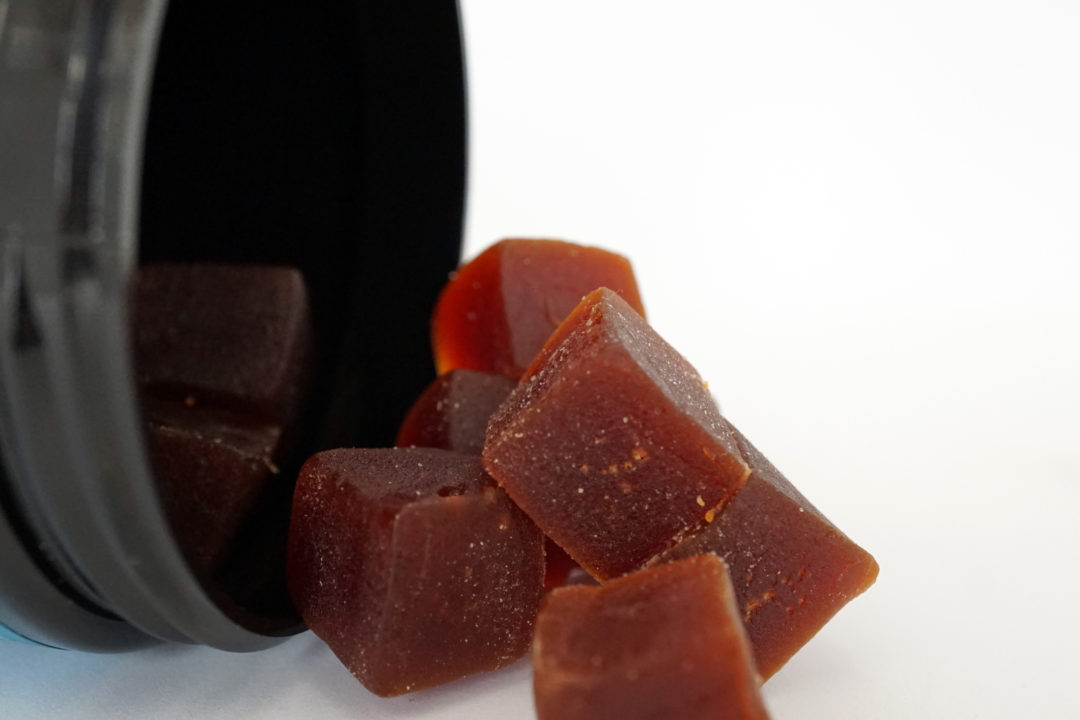

Following the publication of a research letter in JAMA that reported 22 out of 25 melatonin products analyzed were mislabeled, mainstream media posted alarming headlines such as: Potentially dangerous doses of melatonin and CBD found in gummies sold for sleep. Natural products industry groups stepped in to put the issue in perspective.
As the Council for Responsible Nutrition (CRN) reported, the letter is JAMA "suggests that clinicians should 'advise' parents that the levels of melatonin in gummies are 'unpredictable.'"
“This report does a complete disservice to a safe product when it is used according to manufacturer’s instructions,” said Steve Mister, CRN President and CEO. “Parents know how to take care of their own kids, and, often in consultation with their health care providers, have been safely giving the pediatric versions of these melatonin products to their children for years.”
CRN pointed to the National Center for Complimentary and Integrative Health at the National Institutes of Health, which says “…melatonin supplements at normal doses appear to be safe for most children…”
"This research letter raises unnecessary concern about these products and evidences a complete lack of understanding of the federal requirements for dietary supplements as well as the strong safety profile of melatonin among users of all ages," CRN said.
Duffy MacKay, SVP of Dietary Supplements of the Consumer Healthcare Products Association (CHPA) also discussed the safety issue: “Melatonin is a safe and beneficial dietary supplement for adults and children, regulated by the FDA, and consumed by millions of Americans to support and promote healthy sleep and wellness when used as directed on Supplement Facts labels."
Regarding the findings outlined in the research letter, CRN said: "Almost all of the 25 products sampled contained adult servings and are expressly labeled for use in adults, yet the authors conflate their findings with pediatric data. More concerning, they erroneously applied the FDA’s drug standard for overage/underage of ingredients (+/- 10 percent) for ingredient levels."
Regarding overage, MacKay explained, “FDA regulations require dietary supplements to contain a minimum of 100 percent of the amount claimed on the product label throughout its shelf life. Intentional ingredient overage is permitted for nutrient longevity and safe for consumers when within known safety levels consistent with good manufacturing practices (GMPs).
“Supplement companies go to great lengths to ensure their products contain safe and consistent levels of dietary ingredients, as labeled,” said Mister. “And while there may be some variability in overages as companies adhere to the FDA’s requirements regarding shelf life and potency, it does not mean there is a risk in taking these products as intended. It’s a misleading comparison to look at scenarios where kids, for example, got their hands on an entire bottle of adult gummies and became ill after eating multiple servings, versus having slightly more of an ingredient in a single serving that, if taken as directed, would pose no harm.”
CRN further explained that, within the research letter, no data was presented to suggest that any children were harmed by pediatric levels of melatonin given as directed. "Instead, the study authors conflate the issue by attempting to connect poison control center data capturing unintended ingestion of presumably 'overdose' levels of melatonin by children, with the potential overage amount of an ingredient a child could hypothetically be given in a single recommended serving of the product being used as intended."
CRN pointed out that the letter also compared the labeled amounts with levels of CBD found in some of the sampled gummies. "Although it is clear to CRN that several, if not most, of the products sampled were not intended for pediatric use, CRN advises parents who do give their children melatonin, or other dietary supplements, to do so in consultation with their health care provider, and to keep all supplement products out of the reach of their kids," the trade association cautioned.
MacKay also stressed the safety issue: “CHPA takes very seriously the responsibility of educating consumers about the safe and proper use of products and following the recommended usage on the label. We also remind parents about their role in helping to prevent accidental pediatric ingestions of consumer healthcare products, which is why melatonin should always be kept up and away and out of reach of young children.
“Our Up and Away campaign has successfully helped educate more than 150 million parents and caregivers on the safe storage of medicines and dietary supplements in partnership with the CDC and its PROTECT Initiative," MacKay continued. "CHPA’s Educational Foundation remains committed to furthering these efforts and encourages readers to visit UpAndAway.org for more information.”

NOTE: WholeFoods Magazine is a business-to-business publication. Information on this site should not be considered medical advice or a way to diagnose or treat any disease or illness. Always seek the advice of a medical professional before making lifestyle changes, including taking a dietary supplement. The opinions expressed by contributors and experts quoted in articles are not necessarily those of the publisher or editors of WholeFoods.
